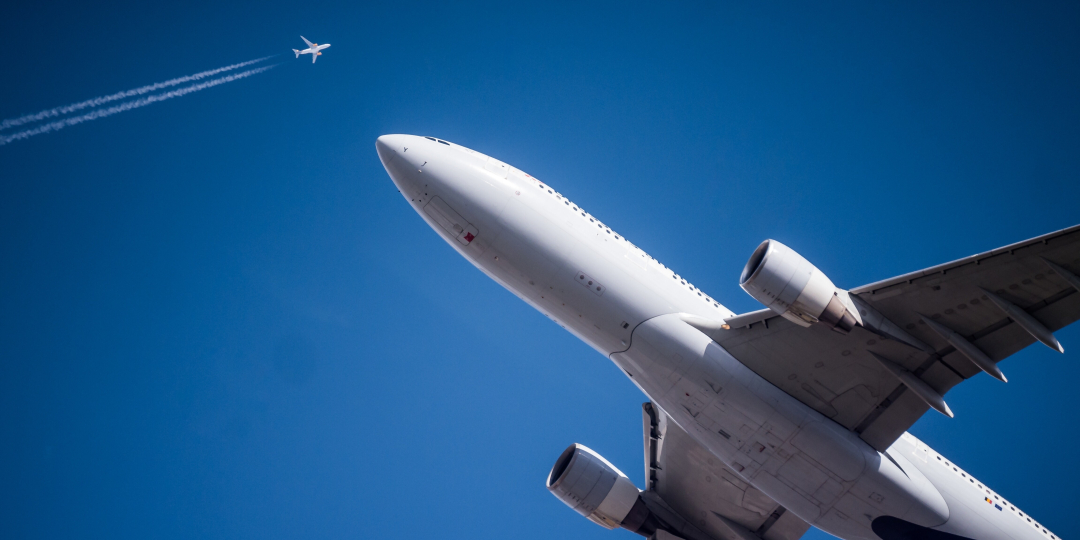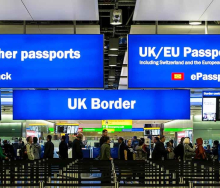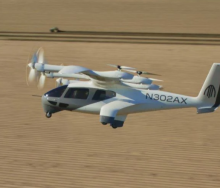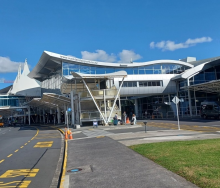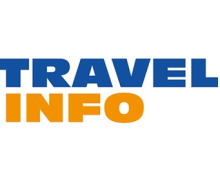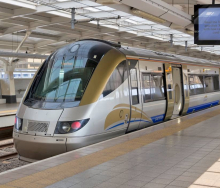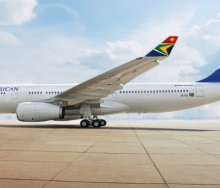A new route development marketing plan to attract foreign airlines to operate direct flights to and from the South Africa is in the works, with local tourism and aviation associations working together to finalise the strategy.
The strategy has identified India and China, as priority destinations for establishing direct flight routes. Barsa announced that South African Airways (SAA) and IndiGo are currently in discussions to introduce direct flights between either Mumbai or Delhi and Johannesburg or Cape Town.
However, operational and regulatory inefficiencies in local aviation services and infrastructure may deter potential operators from introducing flights, warns George Mothema, CEO of the Board of Airline Representatives of South Africa (Barsa).
Speaking at a Tourism Committee meeting on March 25, Mothema highlighted key obstacles limiting aviation growth, including regulatory inefficiencies, fuel supply security, outdated bilateral air service agreements (BASAs) and visa processing challenges.
Mothema explained that air connectivity played a vital role in supporting tourism, trade, and economic development, and, while South Africa remained a desirable destination with strong long-term potential, airlines evaluated a range of factors when considering new routes.
“A predictable and well-coordinated policy and operational environment strengthens the country’s overall attractiveness for future route expansion,” said Mothema.
Regulatory disputes create uncertainty
According to Barsa, the new Air Services Bill, which will address foreign ownership restrictions in domestic airlines, presents an opportunity to address long-standing regulatory challenges in the aviation sector.
“Reforms under the Bill could help improve market access for airlines, ensure more predictable flight operation processes, and streamline administrative procedures to support new route development,” said Mothema.
Dentons Aviation and Aerospace Sector team previously told Travel News that South Africa could benefit from increased liberalisation in its ownership requirements as it would attract substantial foreign investment, boosting the competitiveness and resilience of its aviation sector.
Jet fuel security
Mothema highlighted that the recent intermittent disruptions in the supply of Jet A1 fuel had led to flight cancellations, delays, and refuelling diversions, while the heavy reliance on imported fuel had resulted in supply chain vulnerabilities and increased operational costs.
Barsa proposed that South Africa’s public and private sectors should invest in reopening and upgrading closed refineries to reduce reliance on imports, lower fuel costs and ensure long-term security.
“This assistance would create jobs and bring much-needed money into the economy that would otherwise be spent on importing expensive jet fuel,” explained Mothema. “It would also decrease costs, as jet fuel – being the airlines’ biggest expense – is currently inflated due to import reliance.”
Reforming outdated BASAs
Many of South Africa’s BASAs were signed decades ago and no longer met current aviation needs, explained Mothema, noting that South Africa’s BASA with the US was 28 years old and the one with Botswana was 14 years old.
Barsa said this limited airlines from expanding into new emerging routes and prevented South African airlines from being able to compete internationally.
Infrastructure
South African airport infrastructure has been under scrutiny following a series of maintenance issues, power outages, and air traffic navigation procedural and staff shortages, as reported by Travel News.
Mothema noted that infrastructure limitations in some areas would also affect the execution of the route development
